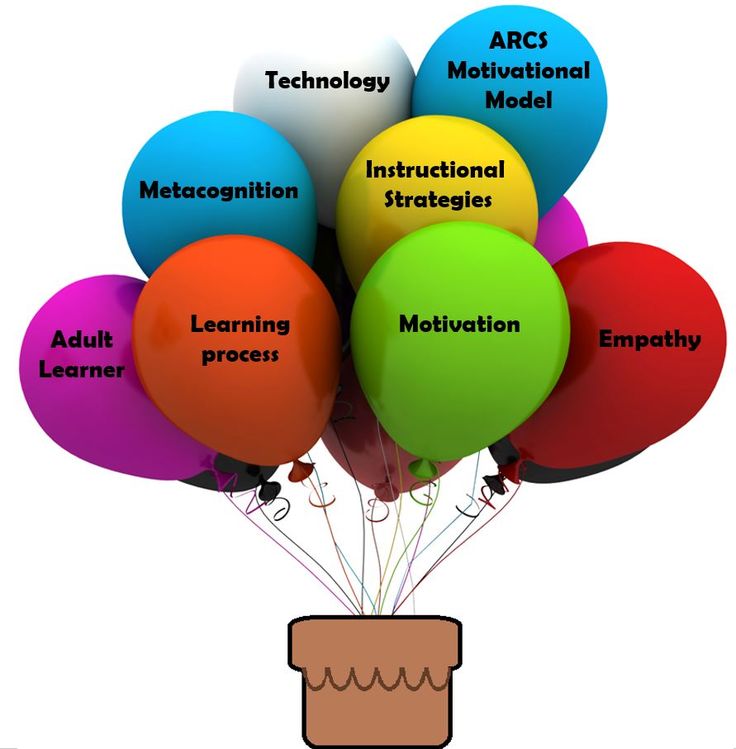How to motivate your adult child
2 Ways to Motivate Your Struggling Adult Child
Based on my observations from coaching parents of adult children in the U.S. and abroad, this pandemic has greatly exacerbated the already existing frustrations in these families. Are you one of the many parents feeling frustrated and burned out because of your struggling adult child's lack of motivation and self-defeating behaviors?
I really do get it. I hear many stories of major frustration about adult children who behave negatively by:
- Expecting, rather than truly appreciating, their parents subsidizing the cost of an apartment, car insurance, or college tuition.
- Overly blaming society, or you, for their struggles even though you have been doing all you can to help them find their place.
- Saying they will clean up the dishes or complete other household tasks—but then not doing it.
- Not being able to find or hold employment or being underemployed.
- Failing out of college early or getting two-thirds of the way through college and then giving up.
- Involving themselves with, and settling for, problematic (even abusive) significant others.
- Having lofty ambitions but lacking the persistence to pursue them in a practical way.
- Are not able to get themselves together but are resourceful when it comes to getting marijuana or other drugs.
What Does Not Help
The following types of interactions will create fruitless, emotionally reactive power struggles with your struggling adult child:
- Injecting guilt. It’s one thing to ask how they would feel if in your shoes or someone else’s in a given situation. Too often, however, parents push this to the limit and try to make their adult children feel guilty because of their thoughts, feelings, or actions. Parents who use guilt to control their children run the risk of alienating them.
- Dwelling on past conflicts. Once a problem or conflict is resolved, or even amicably put aside, try not throw it at them again, without first allowing time and space.
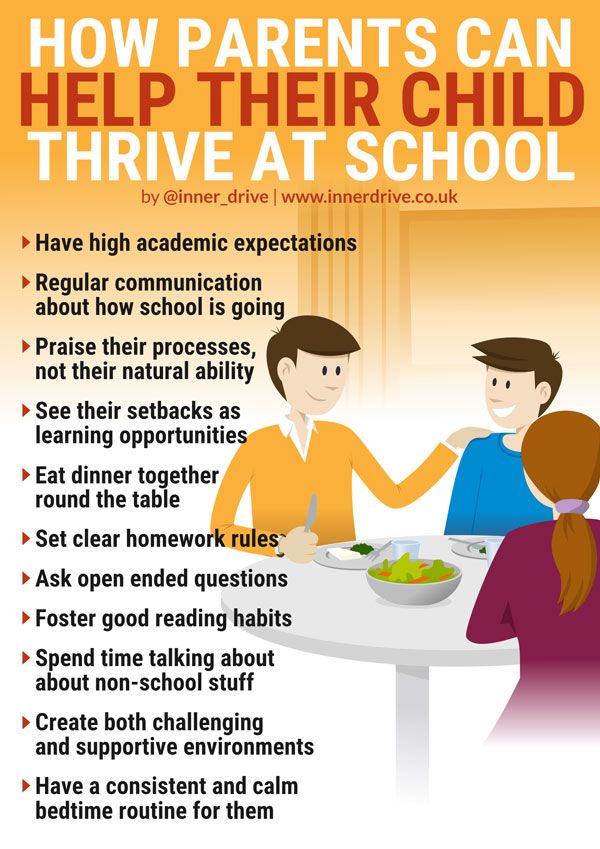 Parents who bring up and dwell on their children’s past mistakes are teaching them to hold grudges for long periods of time.
Parents who bring up and dwell on their children’s past mistakes are teaching them to hold grudges for long periods of time. - Using biting sarcasm. You are using sarcasm if you say things you don’t mean and imply the opposite of what you’re saying through your tone of voice. An example would be saying something like, “Oh, aren’t you bright,” when your adult child makes a poor choice. The use of sarcasm hurts and becomes an obstacle for parents who are trying to communicate effectively.
- Lecturing. Parents who intrusively tell their children how to solve their problems may lead children to believe that they have no control over their own lives. When parents jump in and give adult children a dissertation on how they should do things instead of letting them have some input into solutions for problems, they are lecturing. If anything, they will likely do the opposite of what you are trying to get them to do.
- Making threats.
 Threats are rarely effective. In fact, they often make adult children feel powerless and resentful. Threats also spark defiance, leading to further escalation of conflict.
Threats are rarely effective. In fact, they often make adult children feel powerless and resentful. Threats also spark defiance, leading to further escalation of conflict. - Denying their feelings. When they tell you how they feel, it’s important that you don’t make light of these feelings. If, for example, you think your child “shouldn’t” feel sad about a breakup, it is best not to say so. In this case, you will do better by saying something supportive like, “I know you really valued your relationship. Breakups can really feel painful.”
All of these parenting behaviors can negatively impact your relationship with your adult child. It’s easy to say, “I just won’t do that anymore” and still fall into the pattern of repeating these behaviors. Occasional slips may occur. When they do, address them with your child. But better yet, let's focus on what you can do versus on what not to do.
Here's what you CAN do to help your adult child feel more empowered and motivated to make positive changes in their lives.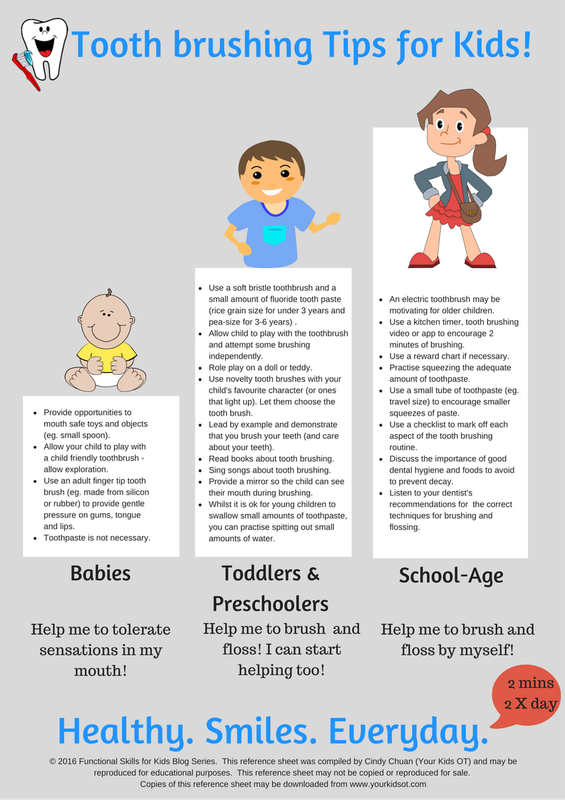
What Does Help
1. Point Out The Positives. Notice and build on "islands of motivation." The more you look for instances of your adult child showing initiative, motivation, and persistence, the more you will see it. As a separate example, if you go out and buy a certain make, model, and color of a type of car today, isn't there a higher chance you will notice others like it on the roads tomorrow? This is because of what is referred to as selective attention, or the process of focusing on one thing and ignoring others.
So, the more you see the clothes not put away or the dishes left in the sink, the less you may notice the trash taken out or even the lawn being cared for—or even that he got up earlier than usual. I'm not saying you should completely ignore the clothes or the dishes, or that you should throw a party if your son or daughter gets up on time. Rather, just try to notice the trash being taken out or the leaves being raked up. Or, that she got up early and contacted the admissions office about re-enrolling in college. Do your best to see and reinforce the good stuff.
Or, that she got up early and contacted the admissions office about re-enrolling in college. Do your best to see and reinforce the good stuff.
Just keep in mind that I never hear adult children complain to me of parents who take the time to truly understand them and notice what they do well, even if in other ways they appear to be "lazy."
2. Be Calm, Firm, and Non-Controlling. Many clients report that the Calm, Firm, Non-Controlling approach, as detailed in my book, 10 Days to a Less Defiant Child, 2nd Edition, helps them learn to bypass threats and the resulting power struggles. This approach has been found to be very helpful for managing adult children with whom it is tough to have a constructive conversation. After all, isn't that the goal?
In short, this approach helps you become an emotion coach and not a nagging, adversarial parent in the eyes of the adult child. A sample soundbite may be something like: "I hear you're annoyed that I asked again if you got a job. I'll keep working on backing off. I realize that putting yourself out there to get a job can feel overwhelming. At the same time, we both know you'll feel better having more independence and structure in your life. Just know that I am here to be supportive to you."
I'll keep working on backing off. I realize that putting yourself out there to get a job can feel overwhelming. At the same time, we both know you'll feel better having more independence and structure in your life. Just know that I am here to be supportive to you."
To learn more, click here.
What to do when your adult child won't grow up
Each week I receive a number of calls from parents who are concerned about their adult children. Most want to know what they can do to help. After they describe the situation, I suggest they continue to pray.
Often the parent replies, "Well, I do that, but what else can I do?"
"Nothing," I respond.
The ensuing silence is deafening. Most parents don’t want to believe there is nothing they can do to straighten out their adult children. I think God must have felt the same way; His radical solution was to send His Son.
One mother asked me how she could motivate her 23-year-old son to finish school. He lived at home, was sullen and uncommunicative, didn’t work, didn’t help around the house, slept all day and was on the computer or out most of the night. This young man had it made. He was living on easy street while his parents were pulling out their hair trying to "motivate" him. They had just bought him a car because he had convinced them he needed one so he could job hunt. His mother was cutting out job ads and strategically placing them in his room. If you want to motivate him, I suggested, give him a month to find another place to live and mean it. At some level this mother knew it was the right thing but she just couldn’t bring herself to do it.
He lived at home, was sullen and uncommunicative, didn’t work, didn’t help around the house, slept all day and was on the computer or out most of the night. This young man had it made. He was living on easy street while his parents were pulling out their hair trying to "motivate" him. They had just bought him a car because he had convinced them he needed one so he could job hunt. His mother was cutting out job ads and strategically placing them in his room. If you want to motivate him, I suggested, give him a month to find another place to live and mean it. At some level this mother knew it was the right thing but she just couldn’t bring herself to do it.
Understanding the problem
What‘s the problem here? It seems obvious unless we’re talking about our own adult child. This young man has never learned how to take care of himself. He’s never had to because his parents treat him like a child – and so he remains one. If parents want their children to become mature adults they need to let them embrace life, make decisions and face the consequences of those decisions. Even when it seems guaranteed the child is heading for disaster, parents have to step back, watch and pray.
Even when it seems guaranteed the child is heading for disaster, parents have to step back, watch and pray.
Parents who treat their adult children like younger children they are, in effect, saying "I don’t believe you can look after yourself, so I’ll do it." The message is "we don’t trust you to run your own life."
Ultimately, parents want adult children who have godly character. When we try to protect our adult children from suffering, we undermine and cripple them, because it’s through suffering that God shapes our character. God has given us free will. He watches us all make some horrendous decisions, but doesn’t prevent the consequences because He knows that’s how we learn and grow. It’s also how we come to depend on Him more and more. We can do no less with our own children than God does with us.
Embrace a long-term vision
Parents were once the centre of their child’s life. How quickly that changes! But it’s so important that parents adjust to this change. Parents must embrace a long-term vision that guides them in their decisions that will help, not thwart, their child’s development into the mature, God-loving person that God created them to be. Part of that vision is letting the child make their own age-appropriate decisions and allowing them to face the consequences. At some point, parents must let go of their children entirely. They must completely entrust them to the Lord – which is much easier said than done. It goes against every instinct a parent has.
Parents must embrace a long-term vision that guides them in their decisions that will help, not thwart, their child’s development into the mature, God-loving person that God created them to be. Part of that vision is letting the child make their own age-appropriate decisions and allowing them to face the consequences. At some point, parents must let go of their children entirely. They must completely entrust them to the Lord – which is much easier said than done. It goes against every instinct a parent has.
Most parents I speak with begin to understand how they have enabled their children to stay irresponsible. Our conversations then turn to the parent’s next steps. How do they let go? Mothers seem to struggle with this more than fathers. Fathers often are more willing to take a "tough love" approach sooner than mothers. But tough love is necessary if we want to give our adult children the best chance of making a go of life. Hopefully, we won’t wait until they are adults, but it’s never too late.
What you can do now
I suggest that parents tell their adult children how much they love them, believe in them and know they are capable of handling life with all its inherent risks, failures and successes. Let the adult kids know you’re making some changes. No more suggestions, advice or lectures. Just listen to them, let them know you understand and that you believe they will eventually sort it out.
In the end we don’t know what anyone else should or shouldn’t do, even our adult children. We certainly know what we would do, but we don’t know what is best for someone else, or what God has in store.
One mother asked, "What if something terrible happens?"
Something terrible might happen, or it might not. There are no guarantees. Christ tells us we will have trouble in this world. We cannot prevent our children from suffering, but we can teach them how to deal with it in a godly way. Life is not easy but we know that Christ will be with us no matter what. Can you entrust back to God those He has entrusted to you?
If you liked this article and would like to go deeper, we have some helpful resources below.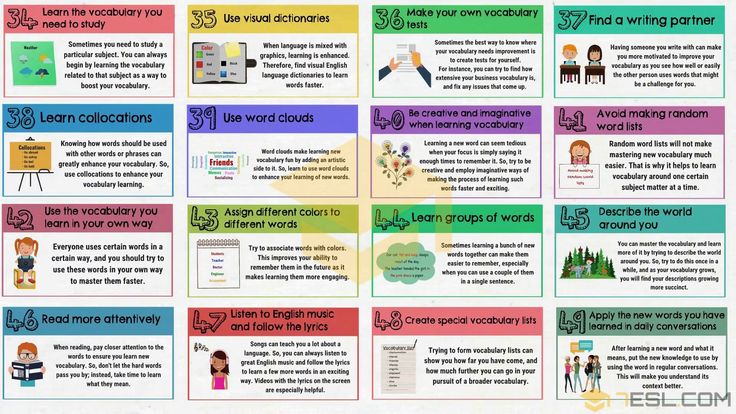
Free advice on marriage, parenting and Christian living delivered straight to your inbox
How to properly motivate a child to study - Harvard study - magazine
Where does motivation come from and how to increase it - researchers at Harvard University decided to investigate. In a multidisciplinary study by the National Scientific Council for Child Development at this university, it is said that heredity affects the motivation for certain activities. But much more - the experience of achievements and defeats, examples of adults, education.
"This kid just doesn't want to learn!" - can be heard from both parents and teachers. If all schoolchildren had high motivation, there would be much less problems. “You are professionals, you motivate,” parents reproach teachers. “If you haven’t been taught to study at home, you will have to suffer with such a student at school,” the teachers answer. nine0003
Scientists have proven that there are no children who do not want to do anything. The influence of the family is significant, because the child is most sensitive to such changes in the preschool years. But a child of any age can be influenced - for better or for worse.
The influence of the family is significant, because the child is most sensitive to such changes in the preschool years. But a child of any age can be influenced - for better or for worse.
Children who appear to be less motivated to learn or explore actually develop avoidance motivation. It encourages avoidance of danger, risk, negativity like criticism or low marks. With it, it is difficult to set up a long-term goal. There is a second type of motivation - achievement, which directs us to a reward, a result. With this attitude, you can develop purposefulness, a desire to receive delayed pleasure. These two types of motivation balance each other. nine0003
Brain motivation systems are especially sensitive during early childhood development. Children under three years of age begin to distinguish between threats that really need to be avoided and less dangerous ones. For example, thunder can be frightening, but in the presence of an adult with whom they feel secure and with whom a strong relationship greatly reduces their stress levels, children look at the adult and do not cry.
If there is no such adult, the child experiences a lot of fear - anything can become a source of stress, one can say that he is afraid to live. And then avoidance becomes the main type of motivation. However, it is not only about orphans. If a mother spent a long time at work or in a hospital, and her grandmothers took turns replacing her, aunts are the same. If adults behave like children - through addictions or simply hysterically, unpredictably. If the mother had postpartum depression for a long time. If the parents are not empathic, they ignore the child's tears and appeals, they only worry about satisfying his physical needs. If a mother, for example, is prone to overprotection and inspires the child that there is danger at every step, because she is overly afraid that the baby will suffer, or avoids the hassle associated with his independence. nine0003
Lack of positive relationships with adults reduces motivation to try new activities. Even with a hereditary tendency to motivate rewards. Animal studies have shown that through negative experiences, the brain activates the zone that generates fear while reducing the zone that generates desire. Over time, there is a reformatting of circuits in the hippocampus, which controls memory, and in the amygdala, which is involved in emotional reactions.
Animal studies have shown that through negative experiences, the brain activates the zone that generates fear while reducing the zone that generates desire. Over time, there is a reformatting of circuits in the hippocampus, which controls memory, and in the amygdala, which is involved in emotional reactions.
It is also important that the child sees how adults work. Experience has proven that a child under one year of age who sees an adult successfully completing tasks will make many more attempts to succeed than one who sees that an adult does not succeed. nine0003
But there is another period of neural flexibility and change - adolescence. Yes, for preschoolers, adult support is much more important than peers, and even criticizing friends will not reduce motivation. Teenagers are the opposite. Due to rapid changes in the body, they react too emotionally to peer reviews, especially of the opposite sex. Social acceptance prompts an increase in the release of natural opioids and activates the area of the brain responsible for the release of dopamine.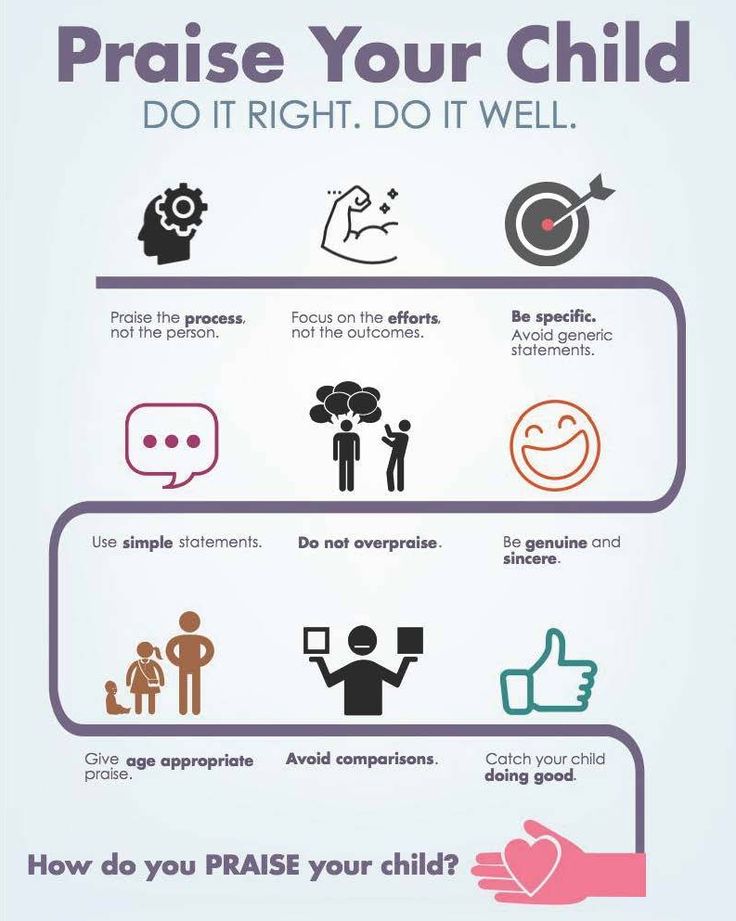 Those who previously had an avoidance motivation are especially sensitive to peer rejection. nine0003
Those who previously had an avoidance motivation are especially sensitive to peer rejection. nine0003
How can parents help? First, they must create a positive environment in advance, even at prepubertal age (10-12 years old), a chance to find friends in circles, studios, sections, etc., among the children of parents' friends. Because teenagers will no longer listen to advice from mom or dad about who to be friends with. So they should at least have a choice. Secondly, parents can provide support, give family warmth. Although it seems that teenagers do not pay attention to this, in fact, all this is the best way to reduce the risk if peers are a bad influence. If the company encourages anti-social behavior or criticizes the desire to learn, teenagers who have close relationships with their families are best opposed to this. nine0003
1. Be curious and encourage exploration
Preschoolers are naturally motivated by play, while elementary school students are naturally motivated by interesting exploration and a desire to acquire skills.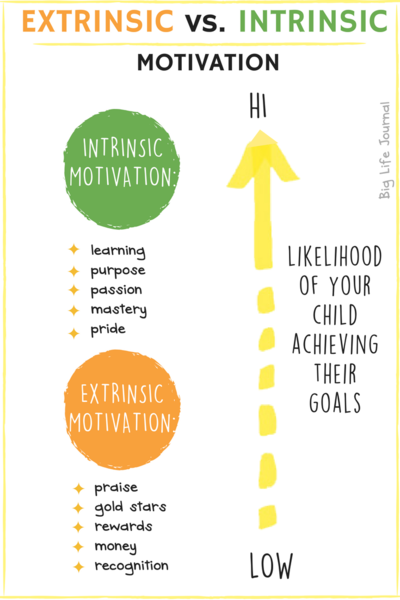 Adults can reinforce these motives with positive feedback, and children can also copy their curiosity.
Adults can reinforce these motives with positive feedback, and children can also copy their curiosity.
Children instinctively turn their eyes away from subjects that are overly familiar, but also from too complex. They choose tasks of exactly the complexity that they need. Therefore, at the age of 6-10 years, it is important to follow the interests of the child, to encourage any attempts to learn about the world around. nine0003
2. Don't rely on gadgets
Social interaction is the key to motivation. The best learning game on its own won't help. A study has proven that children learn a language faster through direct communication with a teacher than if they listen and see him on a video. In our digital world, gadgets are a good addition to learning, but they cannot replace face-to-face communication. It releases natural opioids - dopamine and serotonin, which activate the reward system in the brain. nine0003
3. Praise the process, not the result
First attempts fail.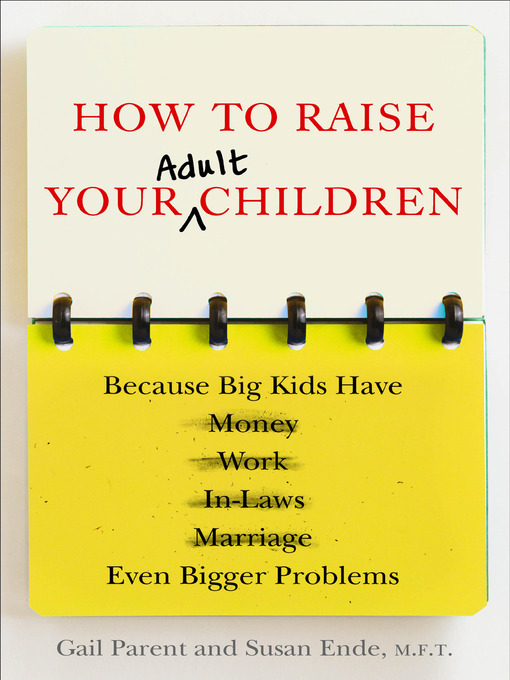 Each child learns new skills at their own pace. If you evaluate only successful attempts, there will be a fear of a negative assessment, a fear of not meeting expectations. This will increase the avoidance motivation. But “well done, great” for a not very successful result also reduces motivation. After all, if they praise for everything, why make an effort? Therefore, the best way out: support and praise for efforts, concentration, work. nine0003
Each child learns new skills at their own pace. If you evaluate only successful attempts, there will be a fear of a negative assessment, a fear of not meeting expectations. This will increase the avoidance motivation. But “well done, great” for a not very successful result also reduces motivation. After all, if they praise for everything, why make an effort? Therefore, the best way out: support and praise for efforts, concentration, work. nine0003
4. Debunk the myth of natural talents
What children's environment says about talents is of great importance. If people are considered to have or not natural abilities, the initial failure is due to a lack of talent, and this reduces motivation. If we are talking about the importance of practice, labor for the sake of achieving results, motivation increases. It has been proven that even a child who is accustomed to believing himself to be lacking in abilities greatly increases his academic success if an authoritative adult proves that this is not so, that trial and error will yield results. nine0003
nine0003
5. Be careful with incentives
If a boy or girl is accustomed to material rewards, this extinguishes long-term motivation. The expected prize loses novelty, and the brain exhibits less neural activity in the dopamine system. If the reward is also less than expected, motivation slows down dramatically. So if you've resorted to rewards, the only way to stay motivated is to "up the stakes." The prize should be a surprise, and even better than the child expected. It's not very real. Therefore, the best way to instill healthy motivation is positive feedback plus activities that are interesting for the child: play, creativity, research. nine0003
6. Give your child the experience of success
Show children in practice that success is possible. We are unlikely to be motivated to do something if we think it is impossible. If something is difficult for a student, there is a temptation to give new tasks, to catch up. But every child should have tasks in which he is successful. Divide the difficult into small steps so that the student can cope and want to move on.
But every child should have tasks in which he is successful. Divide the difficult into small steps so that the student can cope and want to move on.
7. Criticize already motivated
A child who aspires to be an athlete will take constructive criticism from a coach as a chance to improve. But a newcomer to a fitness center who just went to work out, after criticism, may be disappointed in his abilities and will no longer come there. Therefore, criticize only those who are already ready for this. For those who have weak motivation, encouragement for attempts, tips, and simplification of tasks will be much better affected.
How to get a child to study - how to motivate a teenager to study
Content
- Lack of motivation
- Problems in the teacher-student relationship
- Conflicts with classmates, ridicule, bullying
- Unfavorable family environment
- Parental super control
- Low self-esteem, self-doubt
- Excessive workload of the child after school
- Praise for successes, even the smallest ones
- Point out positive changes
- Emphasize the good qualities of the child
- Not demanding much
- sharing experiences
- Do not compare the child with other children
- Do not scold for bad grades
- Negotiate
- Set an example
- Consider the wishes and aspirations of the child
- Hire a tutor
- Talk about the real benefits of studying
- Inculcate good habits
“There is no 'don't want', only 'must'” is a common expression used by parents whose children refuse to do something they don't want to. For example, study. This and a dozen other demotivational expressions are used when a diplomatic approach no longer helps. The good old “whip” is used, but without the carrot. And at first it may seem that the method works and brings results, because from such a strict control, the estimates really get better. But, unfortunately, this does not last long. nine0003
For example, study. This and a dozen other demotivational expressions are used when a diplomatic approach no longer helps. The good old “whip” is used, but without the carrot. And at first it may seem that the method works and brings results, because from such a strict control, the estimates really get better. But, unfortunately, this does not last long. nine0003
As a result, the child only learns to deceive and cunning, while at the same time beginning to hate everything connected with education. To prevent this from happening, you should rephrase the expression, replacing the word “necessary” with “want”.
The search engine gives more than two million results for the query "how to get a child to study". We talked about some of the reasons in more detail in this video:
Obviously, a huge number of parents face this problem. There are many reasons why children refuse to study. The first thing you should pay attention to is how well the child has developed mental processes: memory, attention, logic. After all, thanks to them, children better understand and remember what they read, easily focus on tasks and begin to study on their own. nine0003
There are many reasons why children refuse to study. The first thing you should pay attention to is how well the child has developed mental processes: memory, attention, logic. After all, thanks to them, children better understand and remember what they read, easily focus on tasks and begin to study on their own. nine0003
In addition, the modern education system is built in such a way as to give children the maximum amount of knowledge and, as a result, receive trained specialists. But few people think about how to properly present this knowledge. Children do not have any algorithms and technologies for self-learning, so that the child performs each action easily, meaningfully and understanding why and what result he will receive.
For example, the online course "Learn to Learn" offers methods for mastering knowledge, helps to improve the efficiency of learning, develop logic, memory and analytical skills. The course helps students understand that studying can be easy and fun, and the acquired skills will help them become responsible, self-sufficient and educated. nine0003
nine0003
Now let's look at other, more obvious reasons for poor academic performance.
Lack of motivation
Sometimes even an adult finds it difficult to force himself to go to work in the morning, despite the fact that he understands why he needs it. Now imagine a child who does not understand why he should go to classes every day, if they don’t even get paid for it. The fact is that children, especially in the lower grades, do not understand the importance and necessity of the learning process. Because of this, it becomes boring and uninteresting for them to listen to the teacher, and even more so to spend time on homework. It is important not to force the child to study “through I don’t want to”, but to calmly explain why he needs education. Show, tell on the example of famous influencers, use school knowledge in life and be sure to praise the child for all the actions. Positive reinforcement is an important component in building motivation. nine0003
Negative motivation (fear, pain, duty, shame) injures the child, fetters his intellectual activity and destroys trust in parents. There are many positive tools. For example, the reward system. Did your child do their homework for a week on their own? This is an excuse to go to your favorite ice cream parlor or order pizza.
There are many positive tools. For example, the reward system. Did your child do their homework for a week on their own? This is an excuse to go to your favorite ice cream parlor or order pizza.
At the free marathon "Motivation and Education of Children" we will tell you how to motivate your child to study at school so that he starts learning on his own, stops suffering from homework and torturing you. nine0003
Problems in the teacher-student relationship
It may happen that the teacher does not agree with the position of the student on some issue, and this negatively affects the grades in the subject. It may be that the student himself provoked the conflict with his behavior, to which the teacher reacted with a deuce in the diary. Or the problem arose because of careless criticism of the student. Situations are different, but they can discourage the student from learning. In this case, you should talk to the child, find out what is bothering him. After that, also talk with the teacher in order to understand what is the cause of the conflict and try to eliminate it.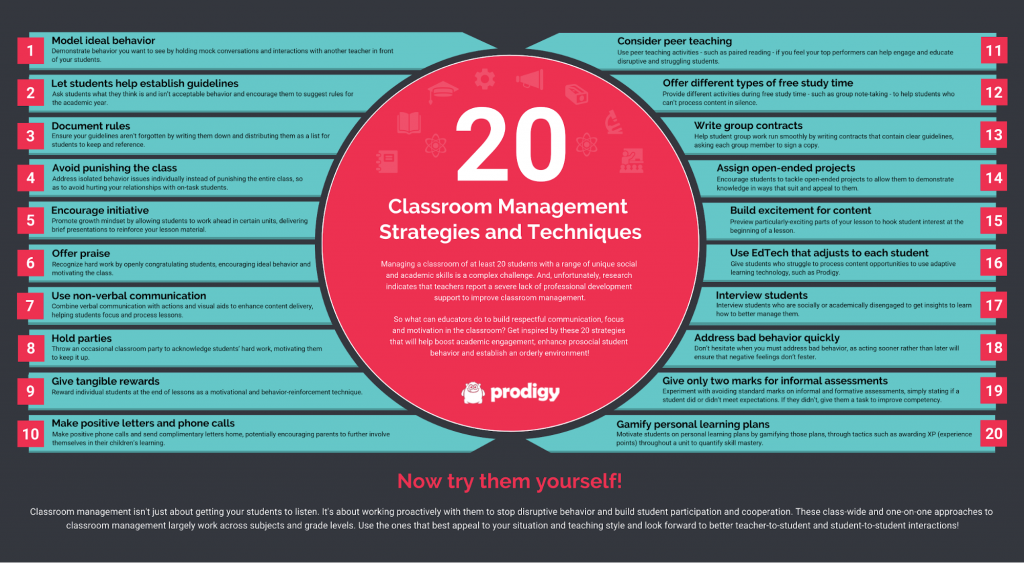 nine0003
nine0003
Conflicts with classmates, ridicule, bullying
Bullying is a constant deliberate negative action directed at a child by another child or a group of children. Almost all students face bullying: someone is directly involved in it, someone becomes a victim, and someone is watching what is happening. Bullying becomes the reason that the child begins to skip, does not want to study and closes in himself. This is a very serious problem that can negatively affect the personality of the child. If you notice that your child's behavior has changed, invite him to talk. The sooner you know about the problem, the easier it will be to deal with it. nine0003
Unfavorable family environment
If parents in a family constantly quarrel, sort things out, doing this in front of the child, it becomes difficult for him to focus on his studies. How can you think about solving a math problem when there is screaming and noise all around?
Super parental control
Sometimes it is very important for parents to control everything that happens to relatives in the family and outside it.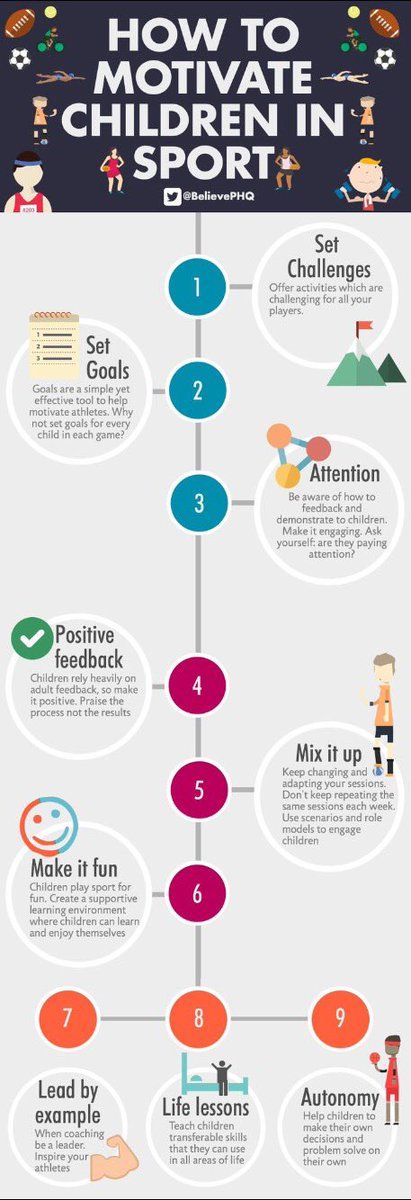 This also includes the school life of the child. It's not just about grades, but even designing workbooks, a diary, or preparing a birthday present for a classmate. There can be no talk of any motivation, because mom or dad will decide everything. nine0003
This also includes the school life of the child. It's not just about grades, but even designing workbooks, a diary, or preparing a birthday present for a classmate. There can be no talk of any motivation, because mom or dad will decide everything. nine0003
As a result, parents have to force their child to study. But it's absolutely not worth it. Why? We talk in this video:
You can get a comprehensive solution to the problem of educating a child in our free online lesson "How to motivate a child to learn independently."
Low self-esteem, self-doubt
It is difficult for insecure children to express themselves in school life. Asking a teacher a question, calling a classmate and finding out homework is a whole problem. If, at the same time, at home, relatives make excessive demands on the child, severely criticize for the slightest fault, call him lazy, then sooner or later he will close in himself and take the path of least resistance: he will start skipping classes, stop doing homework and will bring bad grades . Why try if your efforts are not appreciated. nine0003
Why try if your efforts are not appreciated. nine0003
Excessive workload of the child after school
Many parents strive to organize super-saturated leisure time for their child. For example, on Monday, Wednesday and Friday - English and the pool, on Tuesdays - basketball, and on Thursday - art school. But as a result, the psyche includes protective mechanisms, protecting the brain from overwork. The student becomes lazy and starts postponing the lessons. Pursuing even the most noble goals, parents forget that a child is not a robot and he needs rest just like an adult. nine0003
13 tips for parents on how to motivate their child to study
Praise success, even the smallest
You don't have to expect 100% success from a child to praise him. It is important to notice any progress. And the age of the student does not matter. Teenagers, like elementary school students, also need support and praise.
Indicate positive changes
If something is difficult for a child, still support him every time. You can say: “Wow! Look how much better you have become! If you continue in the same vein, you will do just fine!” But never say something like, "Try a little more, and then it will be fine." With such phrases you devalue small achievements. nine0003
You can say: “Wow! Look how much better you have become! If you continue in the same vein, you will do just fine!” But never say something like, "Try a little more, and then it will be fine." With such phrases you devalue small achievements. nine0003
Focus on the child's good qualities
It is important to understand that a child's life does not revolve around school. Parents should always notice the good qualities of their child, even if these are characteristics far from learning. For example, if a child knows how to help others, has charisma, a great sense of humor, charm, or is excellent at negotiating, point out these qualities to him. Such an emphasis will help in building adequate self-esteem, which, in turn, will create self-confidence. nine0003
Not demanding much
No one is protected from overwork and burnout, even a schoolboy. Just imagine how stressful a child is who goes to school, then goes to a few circles, and then comes home and sits down for homework.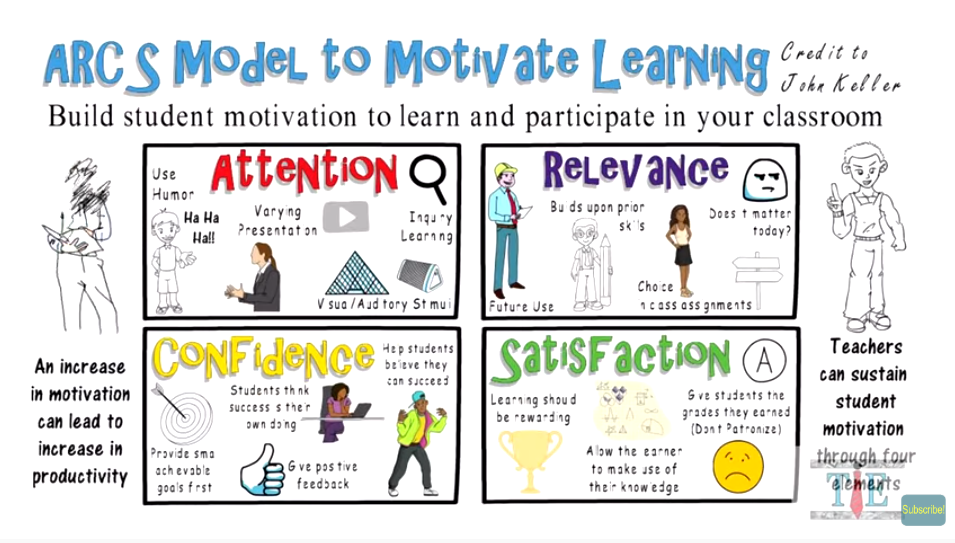 Don't expect your child to be perfect. It is normal that some subjects are more difficult for him and the student needs more time to understand them.
Don't expect your child to be perfect. It is normal that some subjects are more difficult for him and the student needs more time to understand them.
sharing experiences
If a child tells you that he doesn't like an object, don't scold him, but share the experience with him. For example, you can say: “Yes, I understand that you don’t like physics so much, but it needs to be studied. You can always share your thoughts with me so that we can discuss how you feel.” nine0003
Do not compare the child with other children
Comparisons always only provoke resentment and practically do not affect motivation. The successes of the “son of my mother’s friend” will not help the child to correct grades and start learning on their own, but will only cause a reluctance to study on the principle “I won’t succeed anyway”.
To help a child do what is necessary and important, one should “gather” universal motivation. In our free lessons of the course on motivating children, we will talk about the causes of demotivation and what to do about it, why it is impossible to force a child to study well, as well as how to change the child's behavior and restore trust and openness in parent-child relationships. nine0003
nine0003
And in this video we talk about how children's behavior will change if you stop forcing them to learn:
Do not scold for bad grades
Motivation for progress and achievement must be positive. A bad score only shows that you need to try harder to improve the result. If you punish a student for a bad grade with all sorts of restrictions, his motivation will be negative. And it forms either fear or nihilism. nine0003
Negotiate
A contract is one of the most reliable and effective tools for working with children's motivation. It should be noted right away that the contract should be beneficial not only to you, but also to the child. You can not demand fives from a schoolboy without offering anything in return. For example, you might say, "If you do your homework for a week, we'll go to the movies this weekend. " Or: “If you write a good test, you can invite your friends and play with them on the console at the weekend.” nine0003
" Or: “If you write a good test, you can invite your friends and play with them on the console at the weekend.” nine0003
Motivation is an art. In order for a child to want to study independently, it is necessary to find the right approach. In a practical online course for parents, we will tell you how to set up parental authority and properly negotiate with your child so that he does not let you down and does not break agreements.
Set an example
It is pointless to try to teach your child to do homework while you are scrolling through TikTok or watching a series, for example. Children love to copy their parents. So if the goal is to instill in your child a love of reading, put down your smartphone and read an interesting book. nine0003
Consider the wishes and aspirations of the child
To motivate children, their interests must be taken into account. Ask your child what they like to do. If he is interested in cinema, it is worth figuring out how to connect screenwriting with a desire to learn. You can come up with interesting tasks: for example, offer to start writing a fascinating script about the school so that studies start to seem more interesting.
You can come up with interesting tasks: for example, offer to start writing a fascinating script about the school so that studies start to seem more interesting.
Hire a tutor
If any of the subjects is particularly difficult for a child, then a good solution would be to hire a tutor. Read our article on how to choose the right specialist. nine0003
Talk about the real benefits of studying
Children do not understand why parents get up early every morning and go to work, why they improve their qualifications, strive to improve. That is why you should not start a conversation about the fact that fives mean a comfortable future. It is better to talk about the real benefits of studying, for example, that it will make him more free, give him the opportunity to try himself in different areas, understand what he really likes, and choose the right profession. nine0003
Inculcate good habits
Curiosity is fueled by the habit of learning something new.